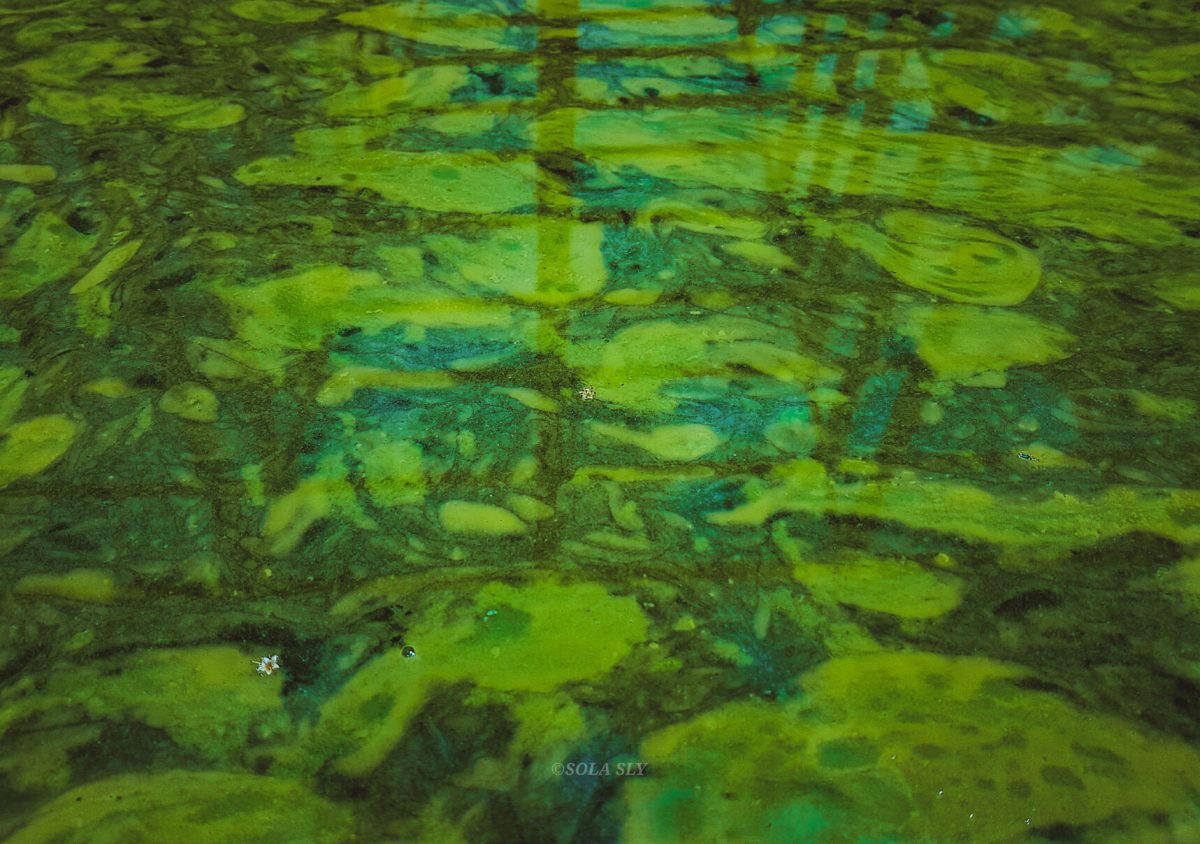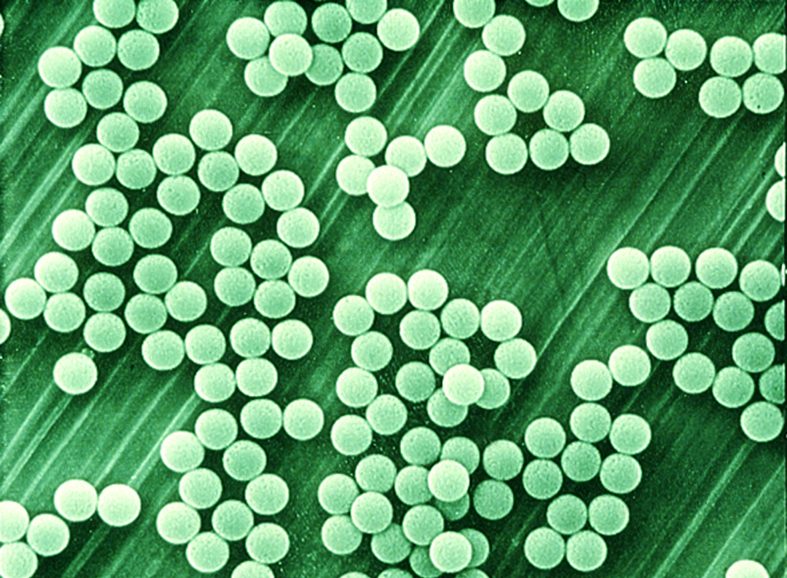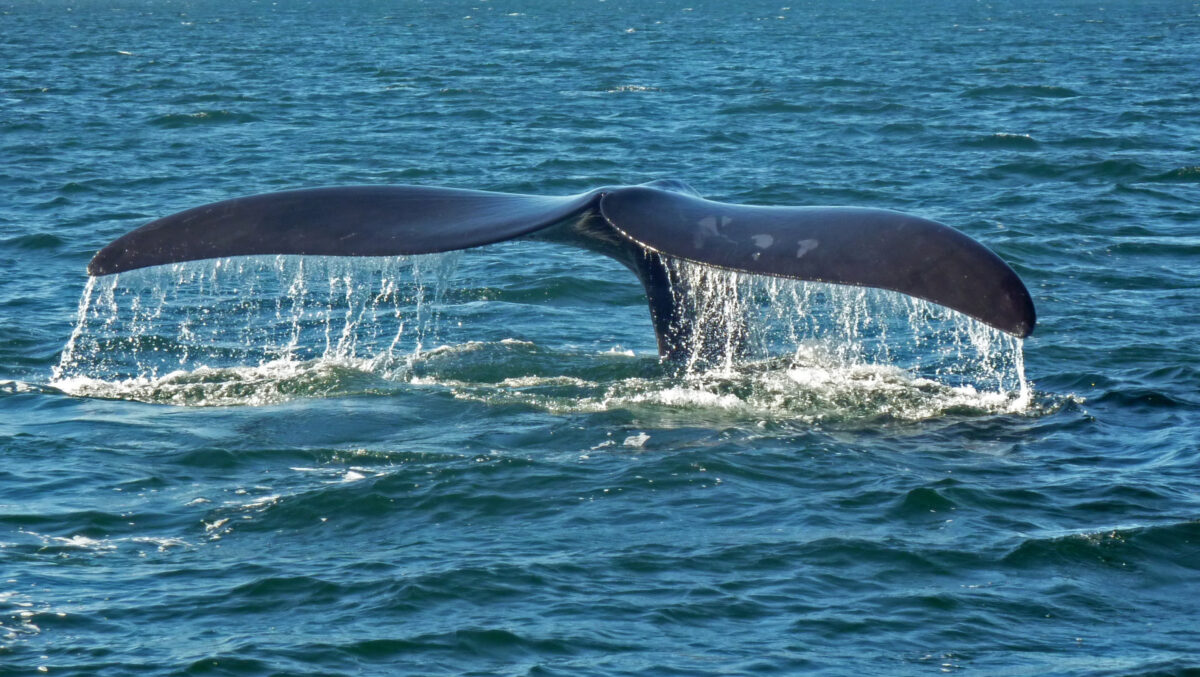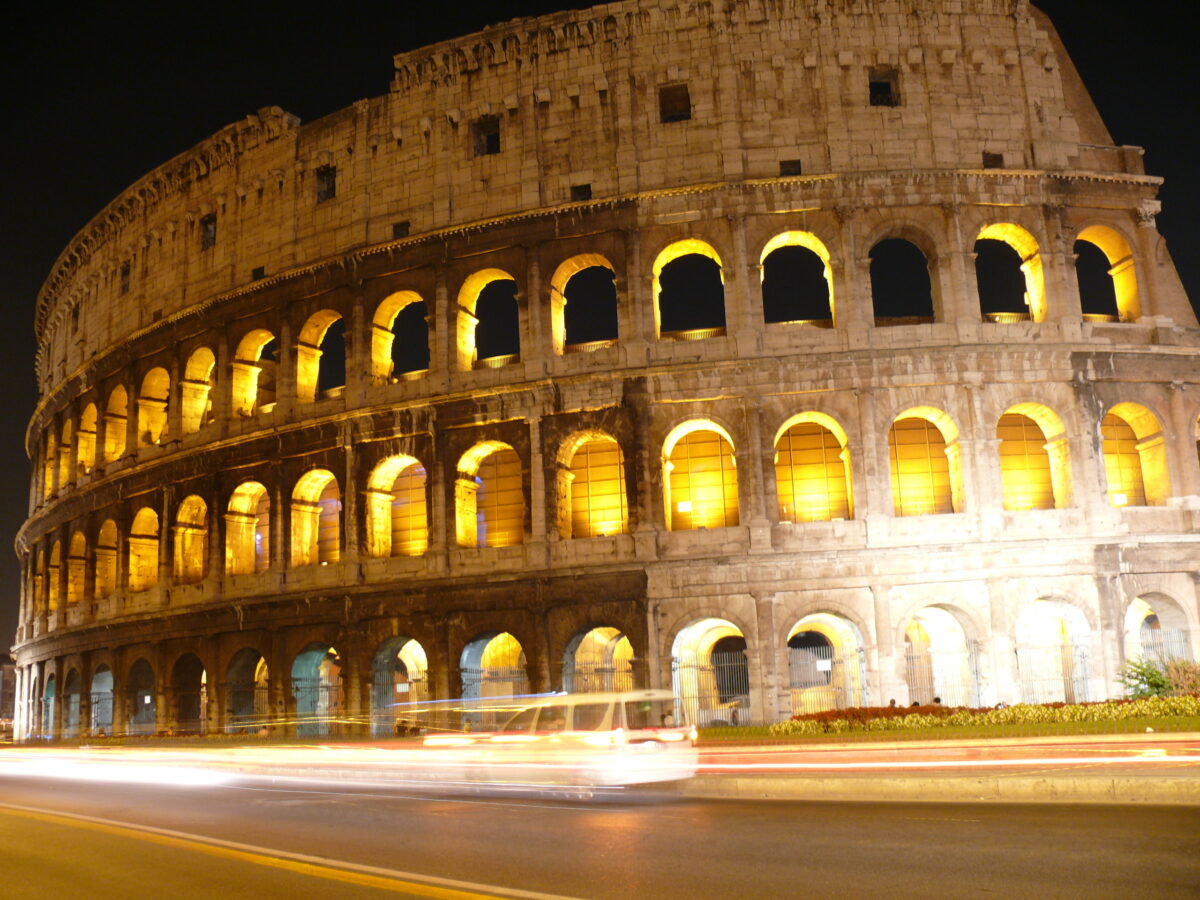You see a local Clemson pond teeming with bright green algae that flourishes from border to border and you think to yourself, “I love that our freshwater ecosystems are doing so well… loads of green means growth and life!… Right?” Quite the contrary I am pained to say. This is an unnatural occurrence that calls for concern. The excessive nutrification of a body of water due to runoff from fertilizers and industrial wastewater, namely eutrophication, is a manifestation of man-induced pollution that scientists are urgently attempting to reduce. “Controlling Eutrophication: Nitrogen and Phosphorus “, a recent commentary published in Science, sheds light on the origins of eutrophication, its repercussions, and solutions to save our freshwater and coastal marine ecosystems.
The precursor to eutrophication is not intentionally malicious. It is rather a subsequent issue that is elicited from trying to nourish millions of people. Phosphorus and nitrogen are both in fertilizers that are used as supplements for
crop growth on farms throughout America. While these elements contribute to efficient crop growth, they are harmful when they seep into water systems. When nitrogen and phosphorus enter water systems such as lakes, they promote
algal and cyanobacterial blooms, which are explosions in growth of these aquatic organisms. These blooms can be detrimental to the aquatic ecosystem by causing hypoxia which kills off fish, ultimately disrupting food webs. Hypoxia
occurs when oxygen in normally oxygen rich water is depleted. Algal and cyanobacterial blooms achieve this by consuming much of the water’s oxygen. The fish of those ecosystems then enter a hypoxic state and die. The question,
however, is how can eutrophication be stopped before a hypoxic state can occur?
Daniel J. Conley, the primary author, believes there isn’t a clear-cut answer. He says, “Controlling only P [phosphorus] inputs to freshwaters and ignoring the large anthropogenic [manmade] inputs of N [nitrogen] can reduce algal uptake of N and thus allow more N to be transported downstream where it can exacerbate eutrophication problems in estuarine and coastal marine ecosystems.” It comes down to managing the accidental fertilizer runoff from
farms rather than trying to alter the nitrogen and phosphorus when its already in the lake.
Eutrophication is a problem that presents monumental issues to aquatic environments. What makes this predicament different from other global pollutant-based problems is that the solution is in front of us. Management of
large corporation farms, soil conservation, and wastewater treatment all provide adequate answers.
Categories:
Eutrophication is detrimental to freshwater and marine ecosystems
Seth Hester, Contributor
October 25, 2020
Image courtesy of Wikimedia Commons
Large amounts of algae can be seen gathering in a body of stagnant water.
0
Donate to The Tiger
Your donation will support the student journalists of Clemson University. Your contribution will allow us to purchase equipment and cover our annual website hosting costs.
More to Discover















